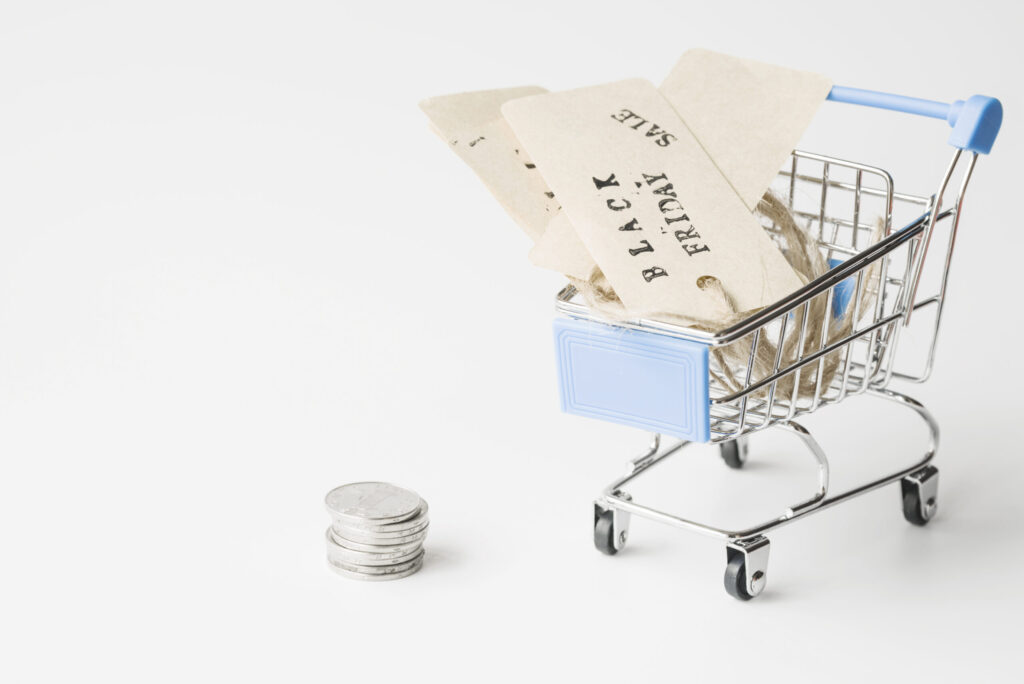Free Trade and Tariffs
What is a tariff?
A tariff is a tax imposed by a government on the import and/or export of goods, or goods that they send abroad or that other countries send to them. They can either be variable (set based on the price of the good) or fixed (a regular tax based on a unit amount). Governments usually appeal to tariffs to address what they think is unfair trade and competition from other countries out of the mistaken belief that exports must count for more than imports in terms of the wealth of a nation (when imports are the thing that ordinary consumers get to enjoy as finished goods), or as a political tactic, citing their ability to “boost production” and “revitalize” specific industries.
Like most taxes, tariffs are acts of force. Home states demand a certain amount of money from consumers and other countries in the form of either a percentage value (in the case of variable tariffs) or based on the volume/quantity of the items in question (for the more fixed varieties). In other words, they are either ad valorem or volume-based taxes.
Authorities introduce tariffs following the usual incentive logic for taxes. Taxes are supposed to make one activity or good costlier, so consumers are discouraged from doing that thing over another. In the case of tariffs, consumers are discouraged from buying foreign goods and are instead encouraged to buy locally.
However, just like with other taxes, such measures introduce what economists would dryly call “deadweight loss” – a technical term for a loss in overall well-being for consumers who cannot afford or will not exchange money for goods they would have enjoyed otherwise, and producers, who do not produce as much as they would have under normal conditions. Both lose out on economic opportunities in the process.

Do tariffs work?
Although the country imposing the tariff may claim that doing so is helping its economy and consumers, that could not be further from the truth.
For one, protectionists neglect to consider the fundamental economic truth that collaboration enables us to do more things than we could ever do in isolation, allowing us to prosper the way we do in the modern world.
Imagine going fully independent and sewing your clothes, building your own car, or putting together your own smartphone or laptop. Not only are some things just impossible to do on your own because they require materials and know-how that are only available elsewhere (like laptops and smartphones), but the clothes or cars you do manage to build will be far worse than what an expert carmaker or laptop company could ever do. The same applies to countries that decide to go protectionist and impose tariffs – there will be fewer, more expensive, and poorer quality items than other countries could have provided.
Protectionists also neglect how there are no pure “national” and pure “foreign” companies in the real world. Firms in Canada and the US do collaborate with outside partners to be able to ply their trade. As such, local companies will find it harder to operate, innovate, or even start if they have to deal with extra duties.
Consumers never benefit from tariffs. They only suffer financially and in their daily lives. Tariffs allow politicians to win shallow political victories while disregarding the harm they cause to their own people and the people of the country they impose the tariff on, particularly people experiencing poverty.
While tariffs might work in some way as a bargaining chip in political squabbles, they actually mean that the prices of products like groceries, clothing, alcohol, and products needed to construct homes and other essentials go up in a way that makes them unaffordable to everyday people as well as those providing services that can alleviate affordability challenges.
The cost of buying a home goes up even more when the lumber used is now further taxed. Still, the country imposing the tariff also suffers because their industries have to adjust to not selling as much lumber as they usually do. They will additionally suffer from retaliatory tariff measures that inevitably occur. Tariffs lead to trade wars, which always lead to a harder life for consumers in both countries.

How do tariffs affect consumers and consumer choice in both countries?
Tariffs may look like a way to punish other countries, but they are only a means to punish one’s consumers. When a tariff on imported goods is imposed, that cost is passed on to the country’s consumer that is imposing the tariff. They have to pay more to buy that product since the producer will raise the price of their goods to make a reasonable profit from its sale.
Therefore, the claim that it will help domestically does not extend to the consumer either since they are paying the price and are, thus, unable to use that excess money to buy other things, rendering them poorer overall. Economists have noted that tariffs particularly burden the poorest in society.
Such taxes should not be used as a policy tool, as they affect consumers and businesses already struggling due to cost-of-living crises and rising product costs.

